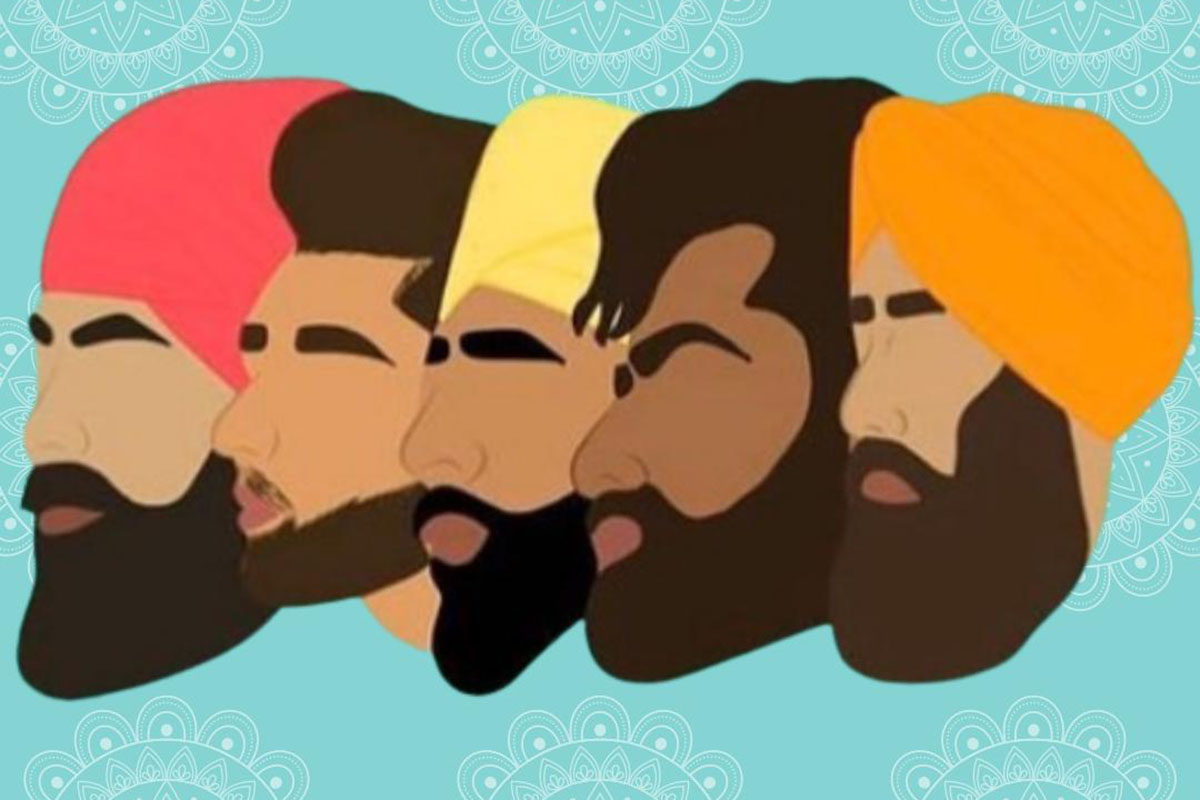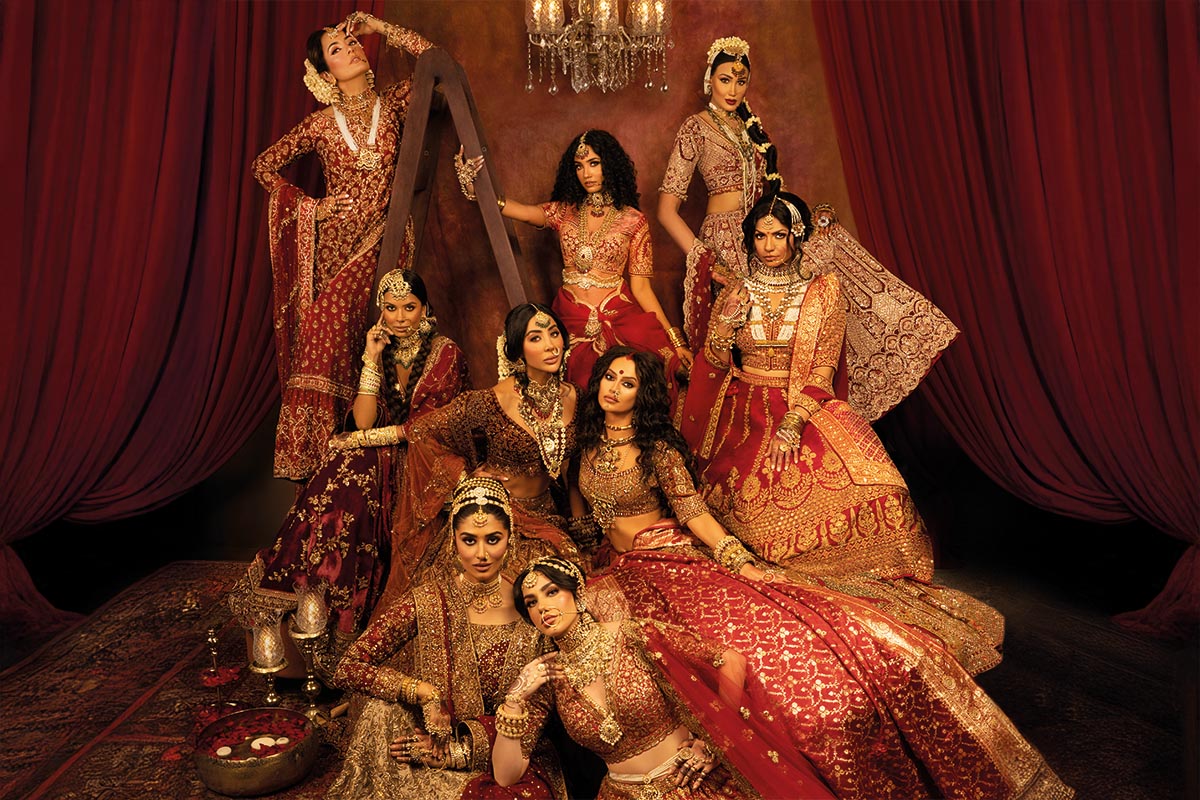
Women: Do We Silence Our Men?
The stigma around men’s mental health has been indoctrinated into South-Asian communities for decades. Do our cultural norms carry on silencing men? Mental health charity Taraki explains
Understanding the bias and stigma around health issues for the male South-Asian community can help bridge the gap between talking, supporting, and empowering men.
Taraki, a mental health charity and platform, has started working in Punjabi communities to reshape approaches towards mental health through awareness, education, social support, and research.
The conversation of men’s mental health is so overlooked and neglected, it’s difficult to pinpoint where to begin unravelling decades-old taboos. We speak to Taraki’s founder to find out more.
Why don’t we talk about South-Asian men’s mental health?
For Asian men, mental health can be linked to vulnerability, a sense of opening yourself, your experiences and your emotions to the world.
Sometimes this is seen as the opposite of what it means to ‘be a man’, where men are taught to hide certain emotions and always appear ‘logical and rational’. There are other forms of stigma, such as self-stigma and systemic stigma, where society tells us that certain things aren’t acceptable.
These ideas around stigma interact together, but one of the most powerful as I have outlined concerns mental health and masculine identities.
Where does the stigma come from?
We are often passed this information from different areas in our lives: our families, our friends, the media, television, popular culture, and even governments.
When we think about TV and films, we see how badly mental health is portrayed. People with mental health challenges are presented as dangerous, violent, and uncontrollable.
This has an impact on how we perceive mental health in our society more widely.
This makes it less likely that people want to identify as experiencing mental health challenges in the fear that they will be perceived in the same way.
Mental health is a complex topic, and our society has made it hard to have these conversations.
On an individual level, is it easy to ignore men’s mental health?
We unknowingly act on stigma by overlooking specific conversations, denying someone’s experiences, and not taking mental health seriously.
We can also find ourselves unknowingly acting on stigma by shutting down peoples’ conversations – if someone speaks to us about mental health, we can find ourselves changing the subject or moving away from the topic.
To push mental health aside is to act on the stigma attached to it – we deny the seriousness of these topics because we don’t think they are real, meaningful or legitimate.
How can we support those around us?
Firstly, as men, we need to understand that mental health and vulnerability discussions are acceptable and welcomed.
Vulnerability is a sign of strength rather than a signal of weakness. When we are in group situations, we mustn’t shut people down to talk about their challenges, but we show that we are there for one another and support each other.
For family, we need to understand that men can and do experience mental health challenges – sometimes it can be so hard to talk about these difficulties.
In certain situations, it’s hard to have conversations about mental health, so focusing on how people are feeling rather than trying to label them, may be useful.
For those who don’t identify as men, it’s important that we also create spaces where men can feel comfortable and confident to open up if they want to; sometimes, we may have expectations of men to act and behave in certain ways, and we may unknowingly perpetuate the same types of stigma. We must also be open to different kinds of conversation than what we may be used to.
A message to anyone suffering from mental health issues
Even though it may feel bleak, I can assure you that you are not alone. We have a lot of work to do in looking after ourselves and our well-being. We can support each other in various ways. We can all work towards helping ourselves and those around us. Mental health challenges can impact anyone – but we are here to try and create the spaces needed to ensure mental health challenges hold nobody back.
Taraki has been working with Spark and Co and Expert by Experience, which aims to help men with mental health issues.
If you are struggling with mental health or know someone who is, here are some helpful links.
ASIAN MENTAL HEALTHIN THE UK (cio.org.uk)
Mental health – British Asian Trust








Get Social